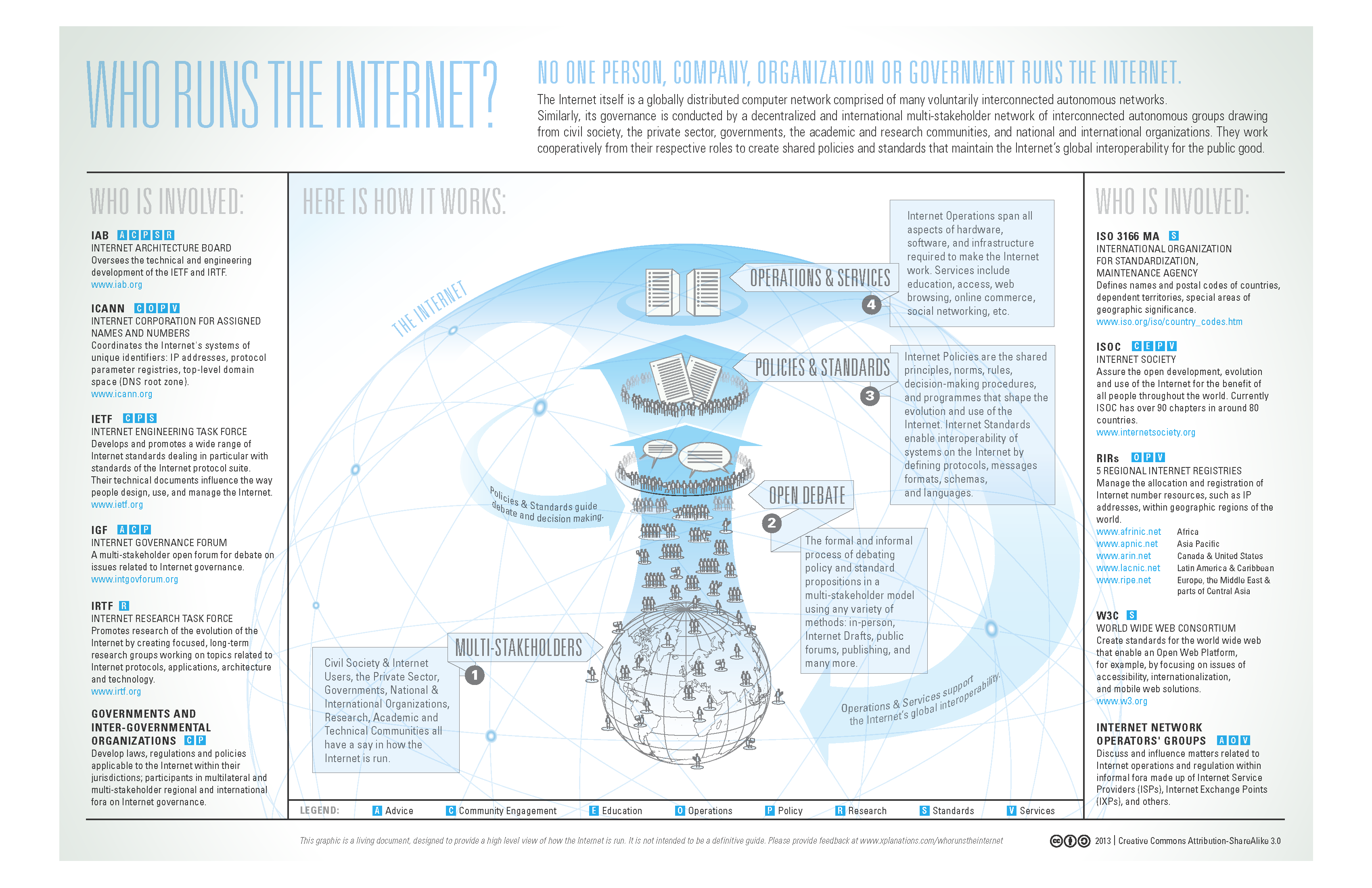Did the US Err in Undertaking the ‘Battle for the Heart of the Internet’?
http://watchingamerica.com/News/244002/did-the-us-err-in-undertaking-the-battle-for-the-heart-of-the-internet/
 As the Internet levels the global playing field, let’s hope our thinking process doesn’t also get leveled.
As the Internet levels the global playing field, let’s hope our thinking process doesn’t also get leveled.
Did the US Err in Undertaking the ‘Battle for the Heart of the Internet’?
Huanqiu, China
By Yuxiao Li
Translated By Dagny Dukach
29 July 2014
Edited by Helaine Schweitzer
According to a Russian media report, the U.S. Department of Defense invested at least $20 million to research “Internet content control” in an effort to ultimately influence the attitudes and opinions of netizens. The Department of Defense joined with American Internet companies to implement “content viewing restrictions” that affect more than 700,000 Internet users for a specific period of time. The restrictions would allow one part of the population to receive only good news, and another part of the population to receive only bad news. Some dubbed this the “battle for the heart of the Internet.”
More than a few people were rather shocked that the U.S. Department of Defense would use netizens as lab rats. The experiment was led by the U.S. Department of Defense Advanced Research Projects Agency, which, in fact, developed the Advanced Research Projects Agency Network, the forerunner to the Internet.
America’s contribution to the Internet has been huge. In 2011, when the U.S. proposed an international cyberspace strategy, and especially when the U.S. proposed to guarantee the free flow of online information worldwide, many people and communities defended this American concept, finding it stunningly re-assuring. There was an unparalleled level of moral certainty! As such, when the U.S. began criticizing Chinese cyberattacks and Internet regulation policies; some countries — especially America’s allies — emerged, sounding a chorus of indignation and injustice in support of the American position, and when China and Russia proposed the notion of Internet sovereignty at the United Nations, it was feared that some nations would interpret this proposal as one meant to isolate the Internet and move backward, and even many domestic scholars protested.
Over the last few years, the Chinese Internet has not been lacking in the number of people with questionable morals, and it is not uncommon to find Thick Darkness* and Human Flesh Search Engines**, yet no one criticizes America because doing so would amount to no more than Internet propaganda, and would strangle the symbol of progress and freedom. Anyone doing so would be abhorred by everyone, but when that American Snowden disclosed proof that the U.S. had long been monitoring the entire world, many were stunned. The Chinese government had actually been right! Those who had originally criticized China discovered that the U.S. government had, in fact, been more thorough, and then were forced to remain silent. Look for yourself.
